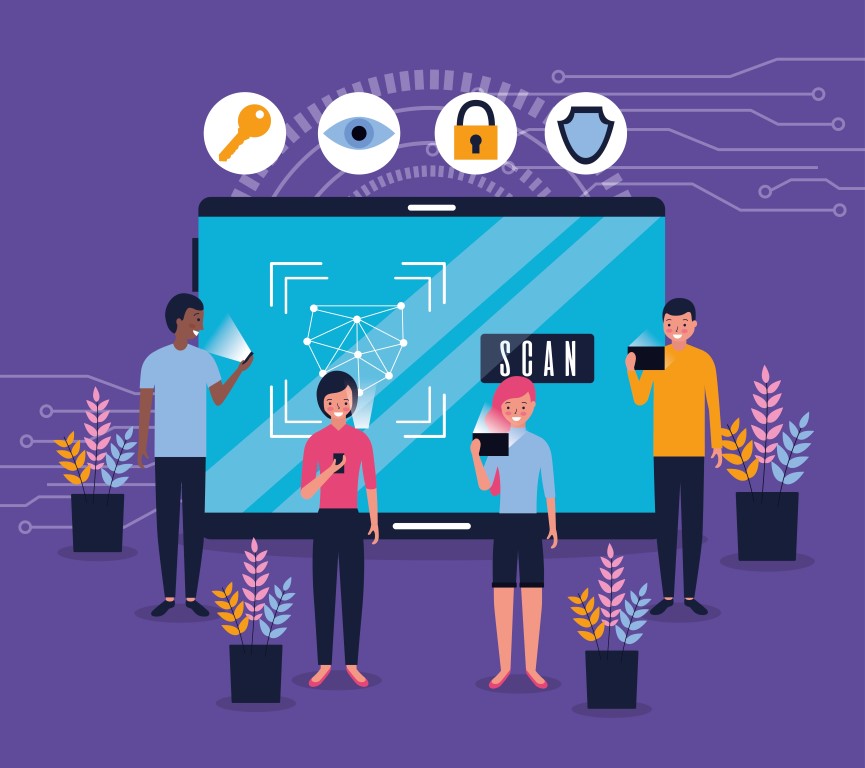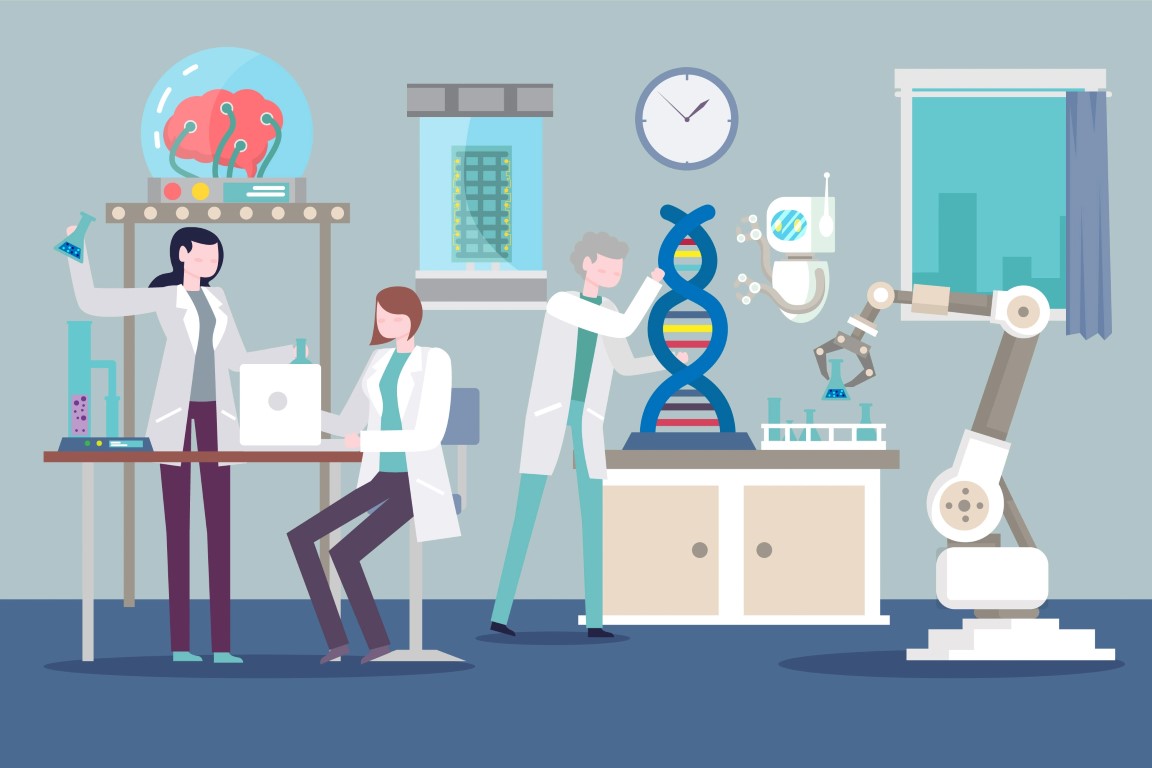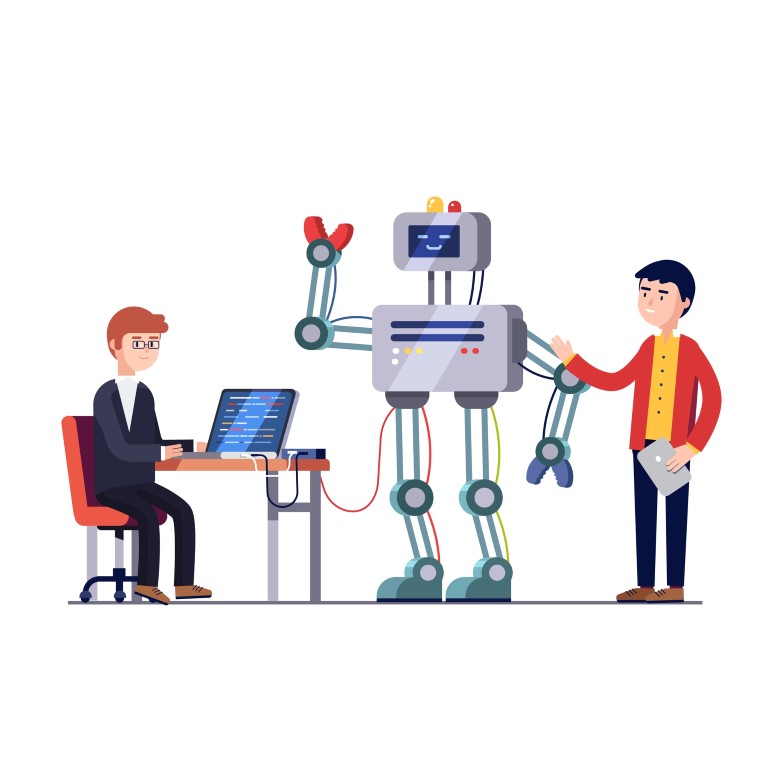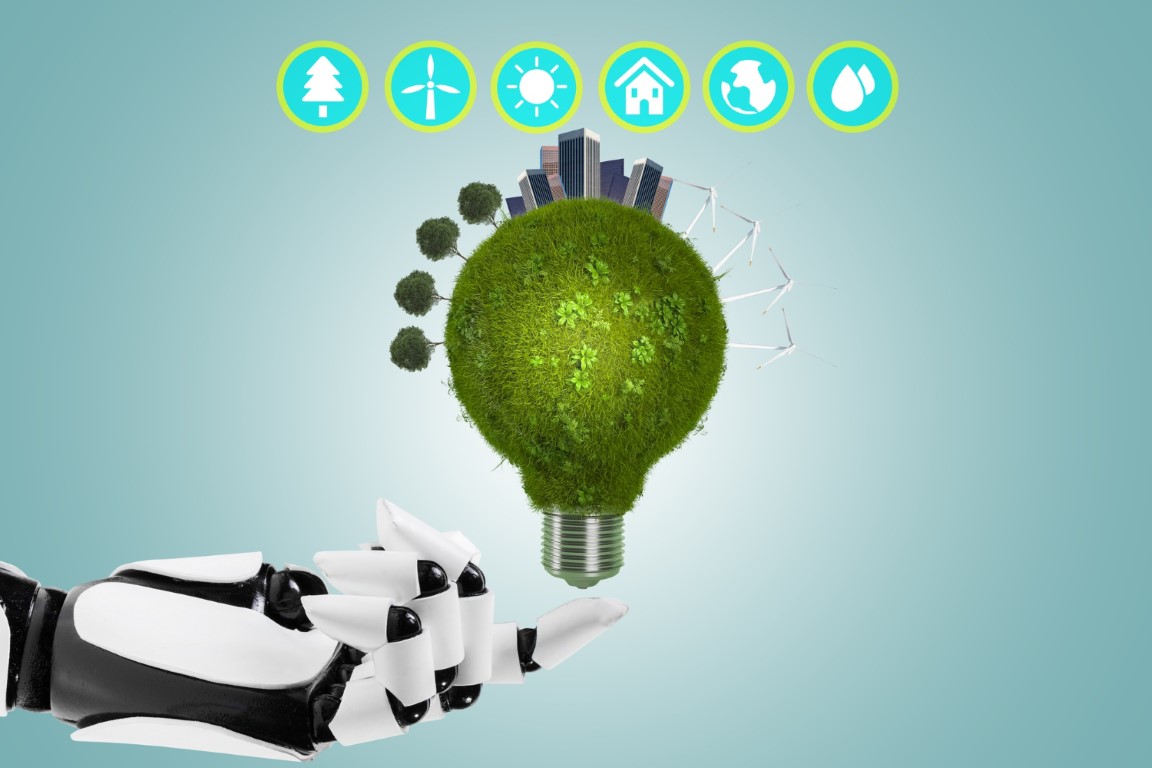Introduction
Artificial Intelligence (AI) has rapidly evolved from a concept of science fiction to a transformative force across industries. As we stand on the cusp of a new era, it’s essential to explore the emerging trends and potential implications of AI on society, the economy, and everyday life. In this article, we’ll delve into the exciting future of AI, the trends that are shaping it, and the profound implications these trends hold.
Exponential Growth in AI Capabilities
The growth of AI capabilities is set to accelerate exponentially. Machine learning, a subset of AI, has paved the way for remarkable achievements in natural language processing, image recognition, and problem-solving. However, the field is far from static, with advancements such as deep learning and reinforcement learning driving rapid progress. As more data becomes available and computing power increases, AI systems will continue to develop more sophisticated and nuanced abilities, surpassing human performance in certain domains.
AI’s Ubiquitous Presence

AI is no longer confined to research labs and tech giants. It’s increasingly becoming an integral part of our daily lives. From virtual assistants to recommendation systems, Artificial Intelligence is shaping our interactions with technology. The Internet of Things (IoT) further accelerates this trend, as devices are embedded with sensors and AI to enhance automation, efficiency, and convenience.
Ethical and Regulatory Challenges
As AI becomes more prevalent, the ethical and regulatory challenges it presents become more apparent. Issues related to bias in AI algorithms, data privacy, job displacement, and decision-making accountability must be addressed. Ensuring that Artificial Intelligence systems are fair, transparent, and aligned with human values requires collaboration between technologists, policymakers, and ethicists.
AI in Healthcare and Biotechnology

AI is poised to revolutionize healthcare and biotechnology. Medical diagnosis, drug discovery, personalized treatment plans, and genomics research are being transformed by Artificial Intelligence’s data-driven insights. Machine learning algorithms can analyze vast amounts of medical data to identify patterns, leading to more accurate diagnoses and effective treatments.
Autonomous Systems and Robotics

The era of autonomous vehicles and advanced robotics is dawning upon us. Artificial Intelligence-powered self-driving cars are expected to enhance road safety and revolutionize transportation. Similarly, robotics equipped with AI will have applications in manufacturing, logistics, healthcare, and even domestic settings.
AI and Creativity
authorship. While AI tools can assist creatives in generating ideas and content, the question of whether Artificial Intelligence can truly role in creative endeavors is expanding, raising questions about the intersection of technology and human expression. AI-generated art, music, and literature challenge traditional notions of creativity, and understanding and replicating human creativity remains a philosophical debate.
Reshaping the Workforce
AI’s impact on the job market is a topic of both excitement and concern. While Artificial Intelligence can automate routine tasks, it also opens doors for new job roles centered around Artificial Intelligence development, maintenance, and oversight. Workforce education and upskilling will be crucial to ensuring that individuals can adapt to the changing landscape.
Environmental and Societal Impact

AI’s energy consumption and carbon footprint are growing concerns. The immense computational power required for AI models can strain energy resources. However, Artificial Intelligence also has the potential to address environmental challenges by optimizing resource usage, predicting natural disasters, and advancing climate modeling.
Conclusion
The future of artificial intelligence holds tremendous promise and significant challenges. As we move forward, the convergence of Artificial Intelligence with other cutting-edge technologies like 5G, quantum computing, and biotechnology will amplify its transformative impact. It’s imperative that society approaches Artificial Intelligencedevelopment and adoption with a balanced perspective, embracing the potential benefits while proactively addressing ethical, regulatory, and societal implications.
The journey ahead requires collaboration between technology experts, policymakers, ethicists, and the public. By harnessing the potential of Artificial Intelligence while ensuring that it aligns with human values, respects privacy, and fosters economic inclusivity, we can steer Artificial Intelligence toward a future that enhances human lives, drives innovation, and addresses pressing global challenges.